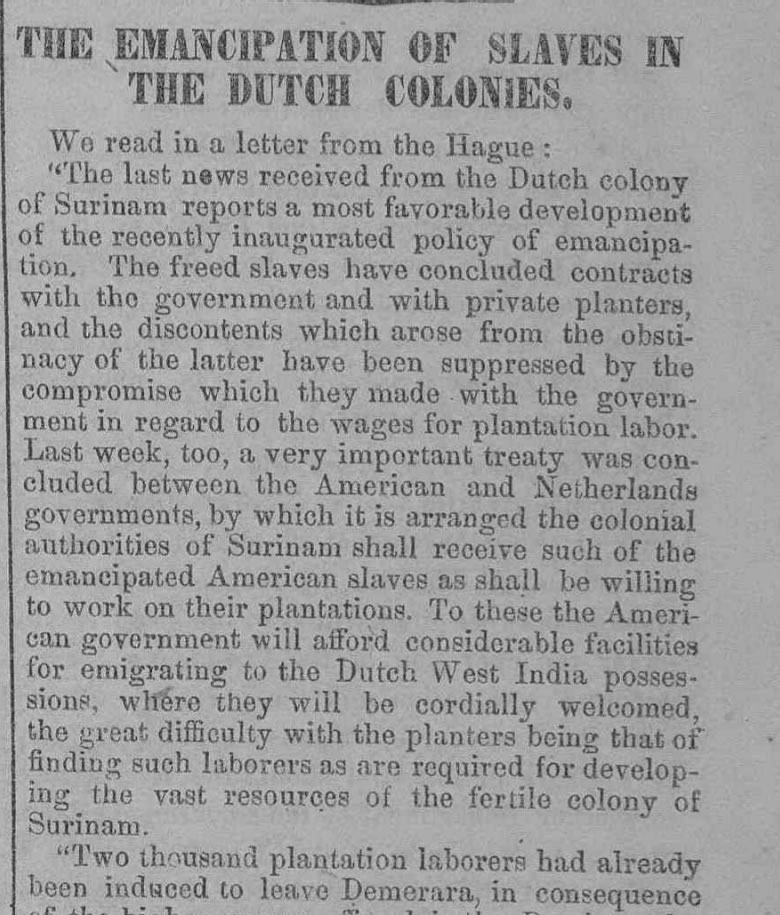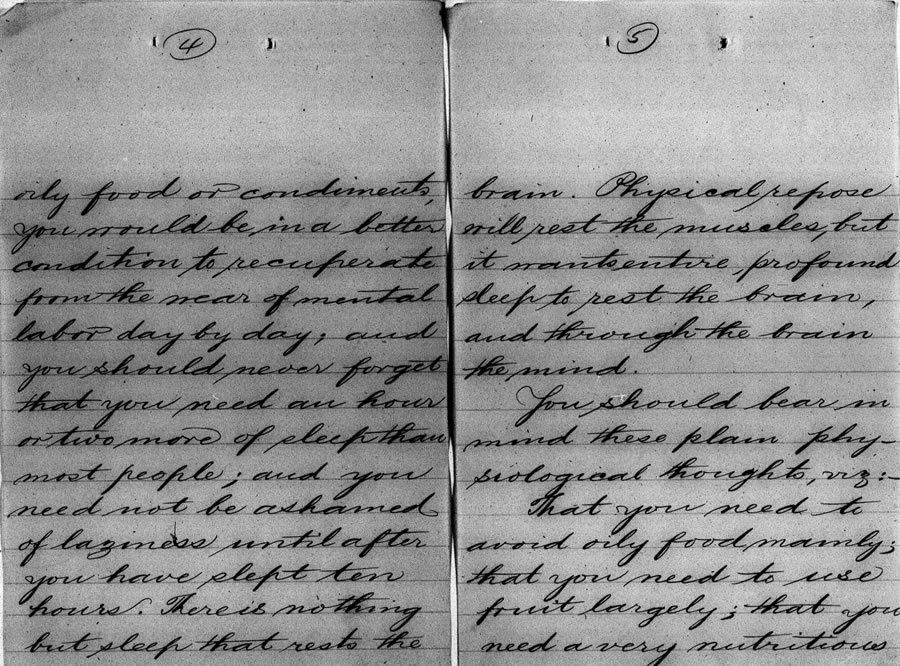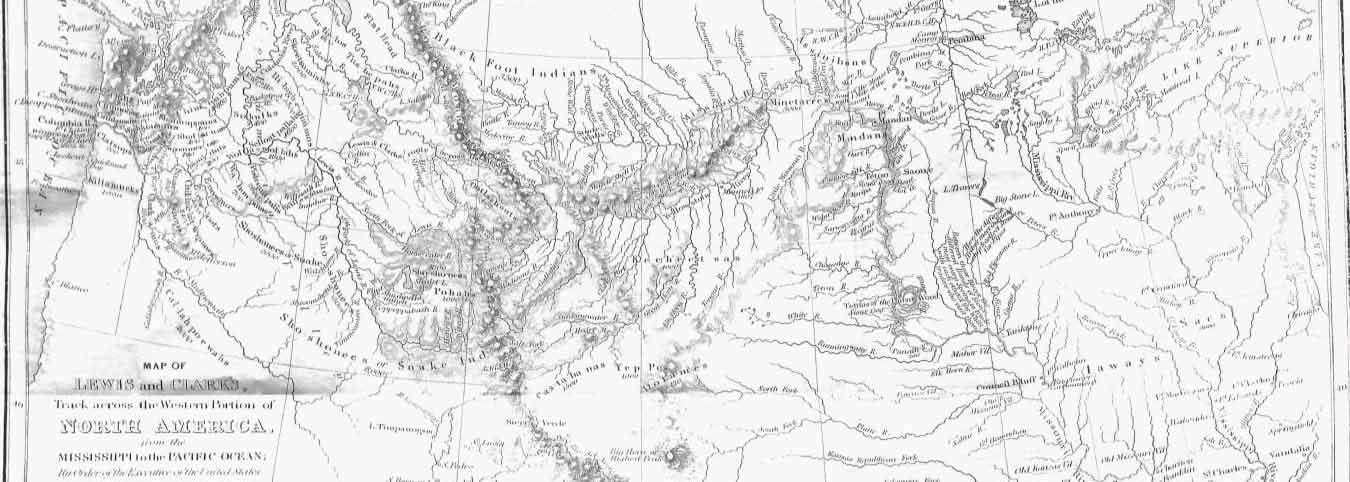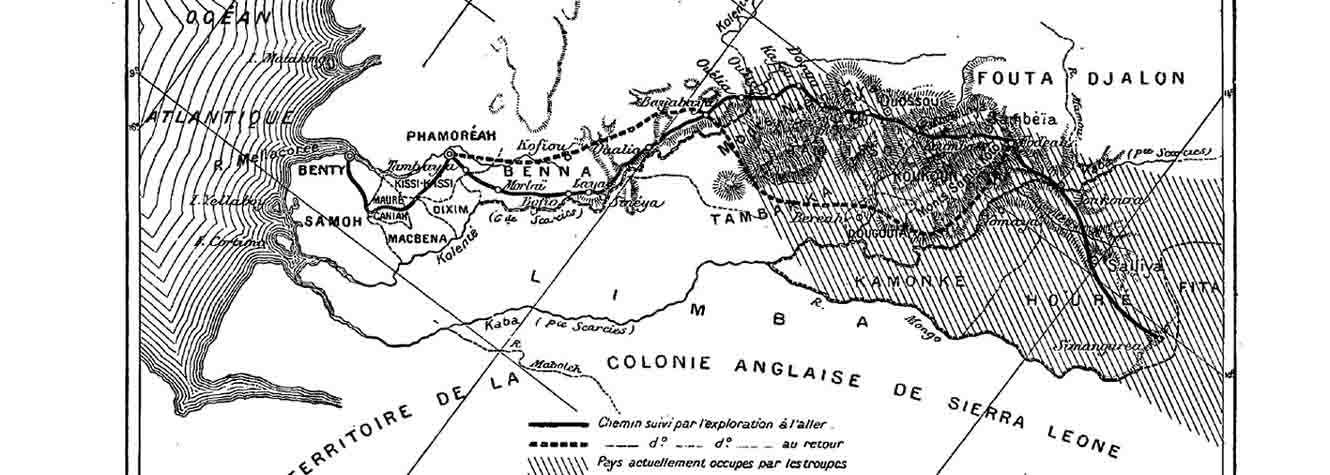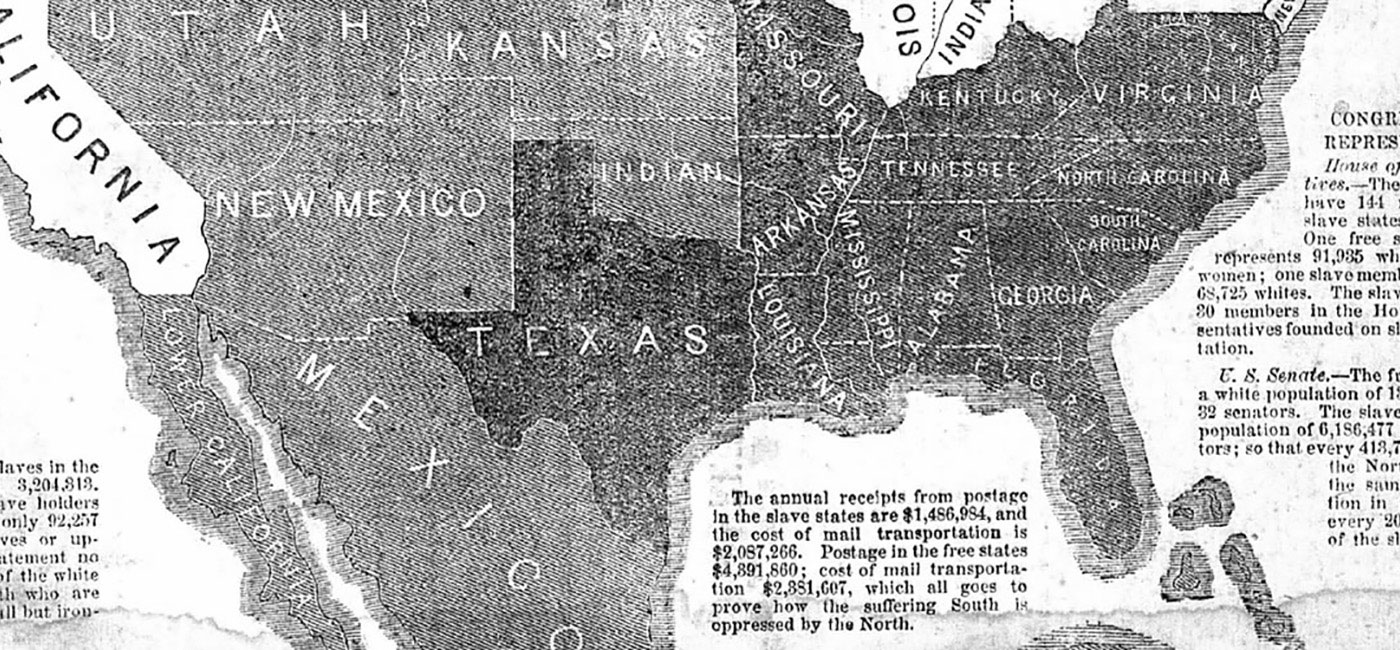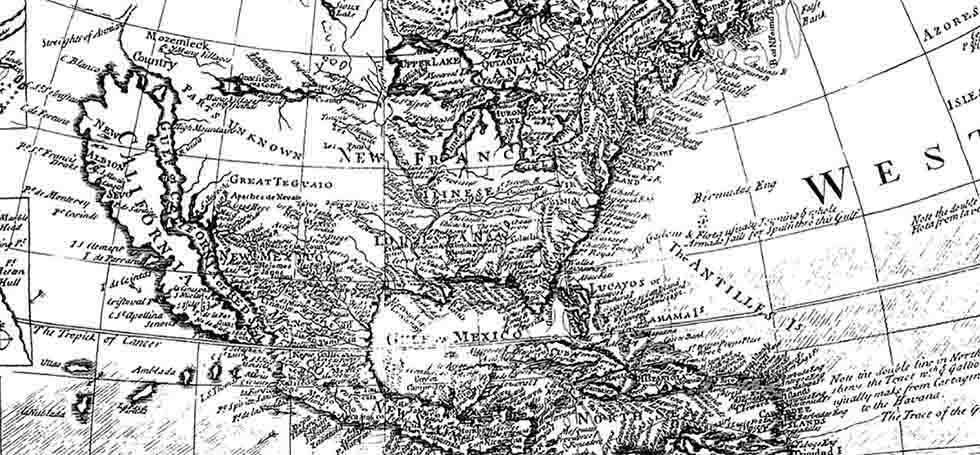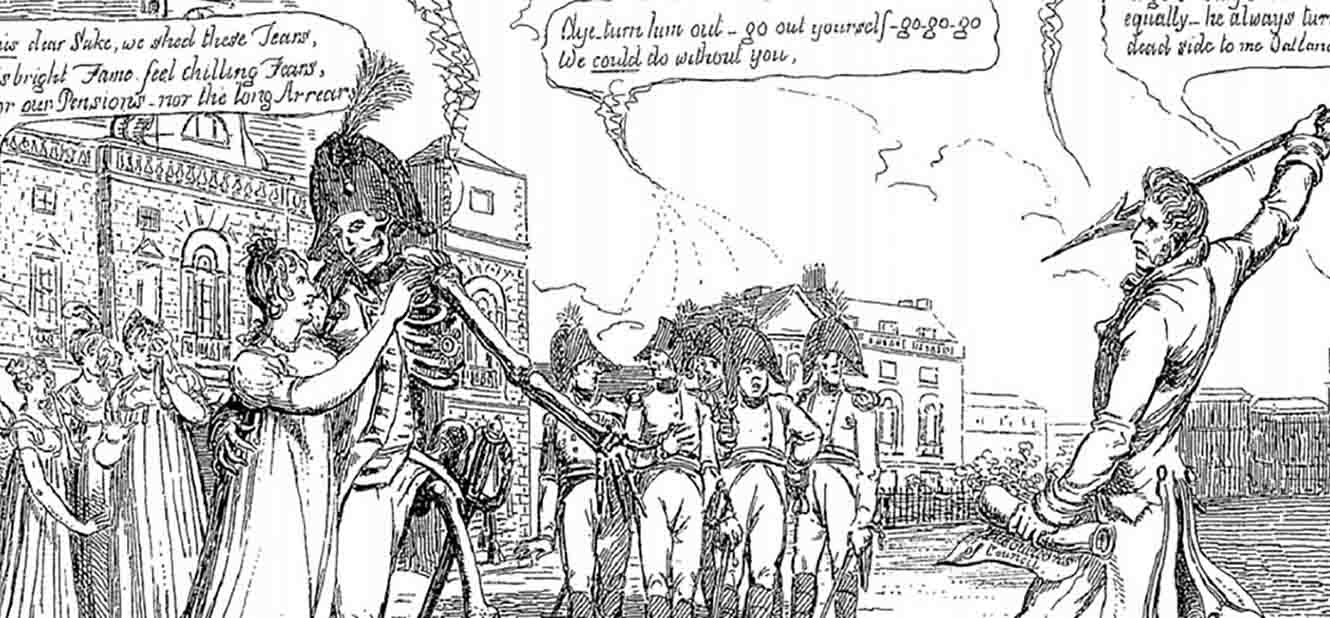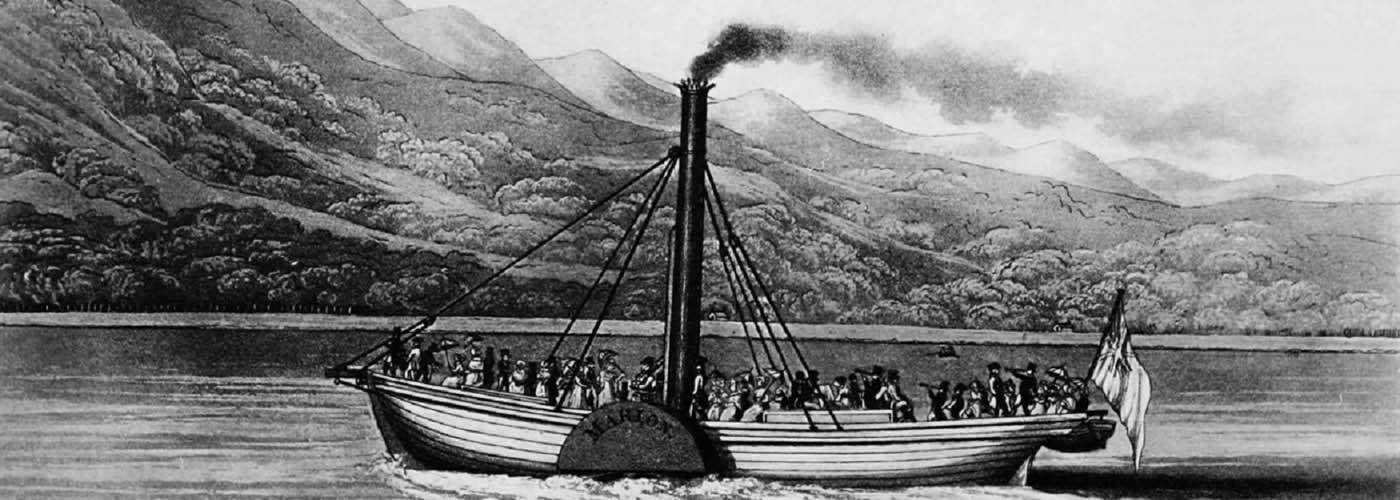Scholars and students can delve into a range of documents that trace the issues and events that led to the emancipation of slaves in the United States and elsewhere.
Beginning in 1788 with Lord Dunmore's offer of emancipation and ending in 1896 with Plessy v. Ferguson, Part IV: Age of Emancipation includes a range of rare documents related to the emancipation of slaves in the United States, as well as Latin America, the Caribbean, and other areas of the world. From the time of the American Revolution, when northern states freed relatively small numbers of slaves, to later periods when an increasingly large free black community was developing, emancipation was a long-sought dream that eventually became a political and moral expectation.
The collections in Part IV: Age of Emancipation document:
- The emancipation of slaves
- Activities of the government in dealing with former slaves and the Freedmen's Bureau
- Views of the Republican Party and postwar problems and issues in the South
- Post-bellum views of the anti-slavery movement and the outgrowth of the suffrage movement
- British and French government documents on the slave trade and reports from the West Indies and Africa
- Activities of religious groups in establishing schools and hospitals for freed slaves and preparing young men for the ministry
These collections comprise a variety of documents types, including correspondence, speeches, plays, financial papers, newspaper clippings, scrapbooks, telegrams, memoranda, legal documents, diaries, and journals. The Bureau of Refugees, Freedmen, and Abandoned Lands constitutes the richest and most extensive documentary source available for investigating the African American experience in the post-Civil War and Reconstruction eras. The individual collections include:
- Records of the Bureau of Refugees, Freedmen, and Abandoned Lands: Field Offices
- Records of the Education Division of the Freedmen's Bureau, 1865-1871
- Correspondence of the Office of Civil Affairs of the District of Texas, the 5th Military District, and the Department of Texas, 1867-1870
- Registers of Signatures of Depositors in Branches of the Freedman's Savings and Trust Company, 1865-1874
FEATURED REVIEW
“This database is an unparalleled resource for expert historians and undergraduate students alike. What's particularly exciting is that the current iteration is merely the beginning of an ongoing endeavor. Simply put, nothing is comparable to SAS. This project is unequivocally the most important undertaking related to the study of slavery. Essential. Upper-level undergraduates through faculty/researchers.”
- Choice
Look Inside
Additional Details
subjects covered
- Black Studies
- African Studies
- African-American Studies
- European Studies
- Humanities & Social Sciences
- Latina / Latin America / Caribbean Studies
- U.S. History
Platform Features & Tools
Term Frequency
It allows researchers to see the frequency of search terms within content sets to identify central themes and assess how people, places, events and ideas interact and develop over time.
Buscador de temas
Esta herramienta agrupa los temas más comunes y revela conexiones ocultas entre los términos de búsqueda, lo que ayuda a dar forma a la investigación integrando contenidos diversos con información relevante.
Búsquedas simultáneas
Busca al mismo tiempo dentro de los productos complementarios de fuentes primarias, incluidos los ebooks, a través de un entorno de búsqueda unificado que posibilita nuevas e innovadoras conexiones de investigación.
Reviews & Testimonials
“This comprehensive digital collection is not only valuable, it is a treasure trove.”
“Collections include sources from the American Colonization Society and the Anti-Slavery Collection from Oberlin College, among many others.”


